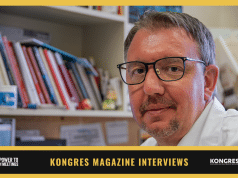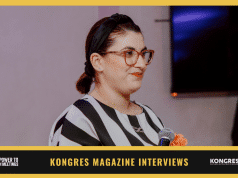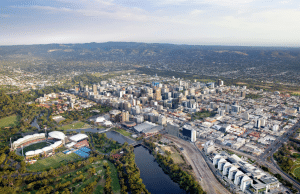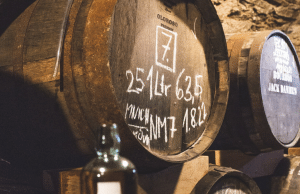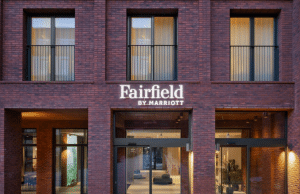Informal atmosphere is the secret of the success of the Weekend Media Festival
Interview by: Daniela Kos, Poslovni turizam
[metaslider id=17543]
Q: How did your love for event management and organisation of events begin and how has it developed?
I somehow started working in events already in high school together with friend and set designer Davor Antolić Antas, with whom I still co-operate today. We organised rock’n’roll parties with videos and we had a band, posters – all the elements of a real event. I later continued to organise club events through my DJ gigs. Arriving at Digitel in the late 90s, then a small advertising agency, I began to work in event marketing professionally. At the time this part of marketing was a great novelty in Croatia and clients had to be persuaded to organise events. However, with the advent of larger clients, the market developed and began to work professionally. Later, I founded an event agency DA! We have organised more than 1,500 different events for clients. With the onset of the recession business experienced a decline, so we started to think about creating our own events. We established a new agency, Peppermint, that is dealing only with our own projects. So we organised the first Weekend Media Festival in September 2008, a few months before the official start of the recession in Croatia. Later we started other projects: D-Day for designers, Blue Tooth film festival, Dancing in the street, Dolce vita vintage festival. However, the WMF was and is our biggest project.
Q: Given the economic crisis, are these projects profitable?
Each project that we start has to be, in terms of marketing and economically viable. In the first year it does not necessarily make money, but ultimately it must be positive. It is about a good and profitable business. Of course it will be, if well organised.
Q: Before you lies the 6th edition of WMF. How did it all start and why have you chosen Rovinj as the destination?
At the time I ran multimedia production company Ring within Digitel, I visited various TV festivals and realised that in our region there is a great need for bringing together people from the industry. People want to socialise and share experiences. At the same time I was unhappy with the way they had previously organised marketing and PR events. So I did what I always do when I do not like something: I decided to do something in my own way and realise my ideas. With WMF things coincided very well, so we were able to achieve a win-win situation for all. For media and marketing agencies it was a gathering that they needed, because they lacked a meeting place, and Rovinj was ideal for several reasons. One is emotional, because this town in the former country was known as artistic, which has helped to attract media professionals from Belgrade. We found the convention potential of Rovinj, for which not even the owner of the old tobacco factory, the Adris Group, did not know existed. Since the Adris Group also has hotels in its offer at its disposal, we developed Rovinj as a destination for conventions and festivals. Frankly, the success of the first edition surprised me. We were expecting 300 to 400 people, and in the end 1,400 came, which only confirmed my assumptions.
Q: How did you manage to achieve the popularity and attendance levels of the festival you have today?
By a combination of good circumstances, we connected with the right people in the region, and we managed to organise the first WMF, although we began to work only three months beforehand. We encountered a lot of understanding and interest of the media, they were all very positive and supported us from the beginning. Despite the recession and the difficult state of the media industry in the region the number of visitors has steadily increased. Three years ago, we reached 4,000 participants, and this year we will probably exceed this figure.
Despite the excellent and varied program, from pop to highly specialised topics, I think that people come primarily because of mutual encounters. It is about networking, people are connecting and a lot of business is concluded at the WMF. Internet and social networks can not replace live meetings. One of the secrets of our success is the informal atmosphere of the festival. All supporting events, such as parties and cocktails, serve one purpose: to get people to connect better.
Q: How can event managers avoid the risk of events becoming repetitive? In what way do you ‘innovate’ the programme?
Yes, it’s a trap into which it is very easy to fall. That’s why every year we try to introduce something new. This year it’s SoMo fighter, awards for social media campaigns. We have also introduced a new format ‘view over the fence’, or 20-minute presentations of the marketing and media scene. Last year we launched BalCannes, at which the best works and productions of marketing agencies in the region were presented. Every year we try to expand the interest of people to other industries, and this year the banking sector is very present. We do not want to limit ourselves to the professionals from the media or marketing, rather there are also politicians, businessmen and others. Each one of them in the programme can find something for themselves, and the programme is held in parallel in four halls of the old tobacco factory. It is necessary to constantly think about the concept of the festival and to be creative and innovative.
Q: What is the focus of this year’s conference?
This year we have some themes that have imposed themselves, such as the European Union. A lecturer from London is going to explain why we really made a mistake with the entry into the EU. Danis Tanović, Bosnian director, will reveal how it is possible to make a good, award winning film with a small budget. We are working on the programme Belgrade on a business trip as best of the cultural life of Belgrade, and at the last moment we included in the programme also a panel on Sarajevo. Our guest is Ivan Tasovac, director of the Belgrade philharmonics, who recently became the Serbian Minister of Culture. In addition, I would point to strong financial and PR panels with participation of the leading names of these industries.
Q: At your events music is always present. How does it contribute to the atmosphere?
Ever since we started to organise events, entertainment and partying has always been very important to us. I think that if people are not having a good time, the event is unsuccessful. This is why music matters. Up to now, we have had performances of the strongest regional bands at the WMF. However, classical concerts are no longer a good option for festivals, because too much is happening. Thus we are returning to our traditional parties.
Q: How is emotional intelligence and emotional recognition of participants important for event managers?
I think this is a very important element because it is not just about the content or presenters. To us the atmosphere is more important, we call it ‘vibra’ (the vibe), and it is the WMF speciality. The first year we were afraid that people will not want to sit in class, but rather at coffees in the city, as happens at some other events that take place by the sea. However, people here are on the one hand relaxed, on the other hand very pumped up and want to keep track of all this tremendous content of the programme. Lectures are very intense, and yet everything is very casual. It is an ideal combination.
Q: How logistically challenging is it to organise an event for 4,000 people?
We have a very good and established team. The narrowest organisational core consists of three people, but with the event approaching, 30 people are working every day for the festival. To me every year it seems too easy, because we do not have major problems. We already are such a well tuned orchestra.
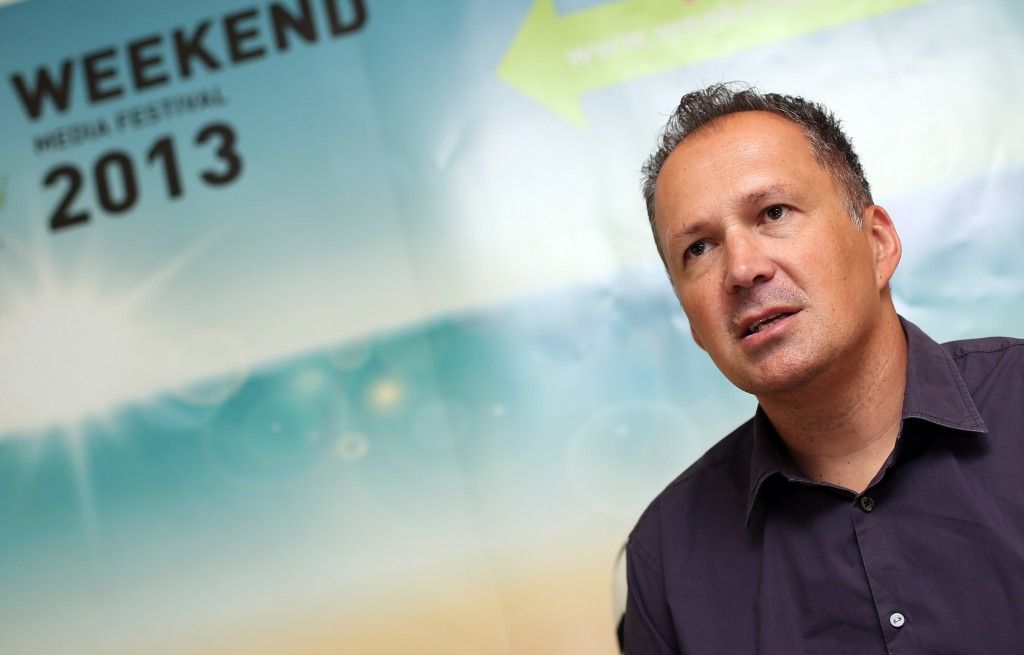
The Weekend Media Festival, the regional festival of the communications industry that takes place at the end of September in Rovinj, is making its sixth edition. This is the largest event in the region that regularly attracts around 4,000 media, marketing, PR professionals and the general public, and is touted as “the place where one must be”. We talked with the organiser and experienced event manager Tomo Ricov, director of marketing agency Peppermint, about how they succeeded in creating and maintaining such a “buzz”.


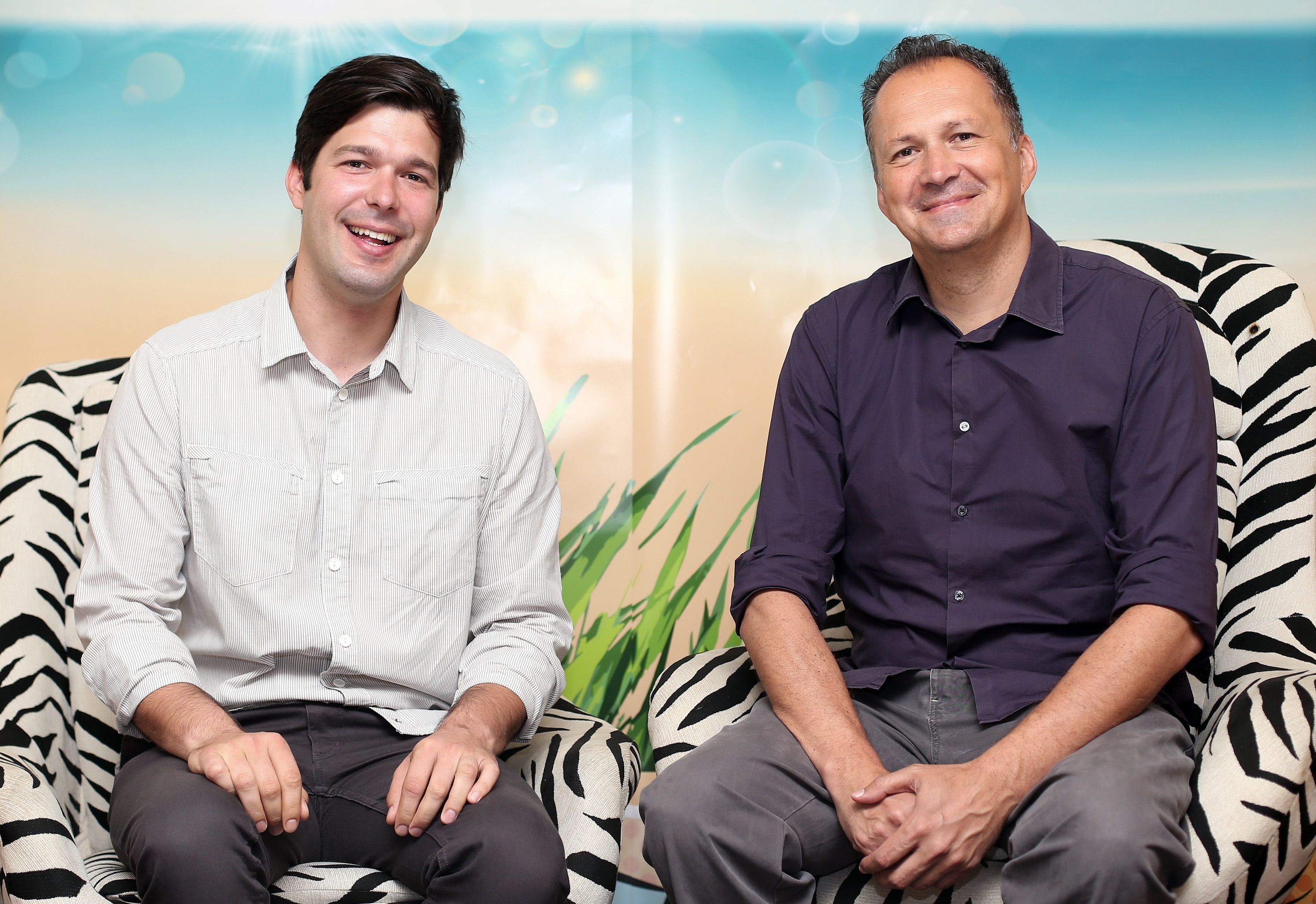
 WMF: One week in Rovinj.
WMF: One week in Rovinj.


